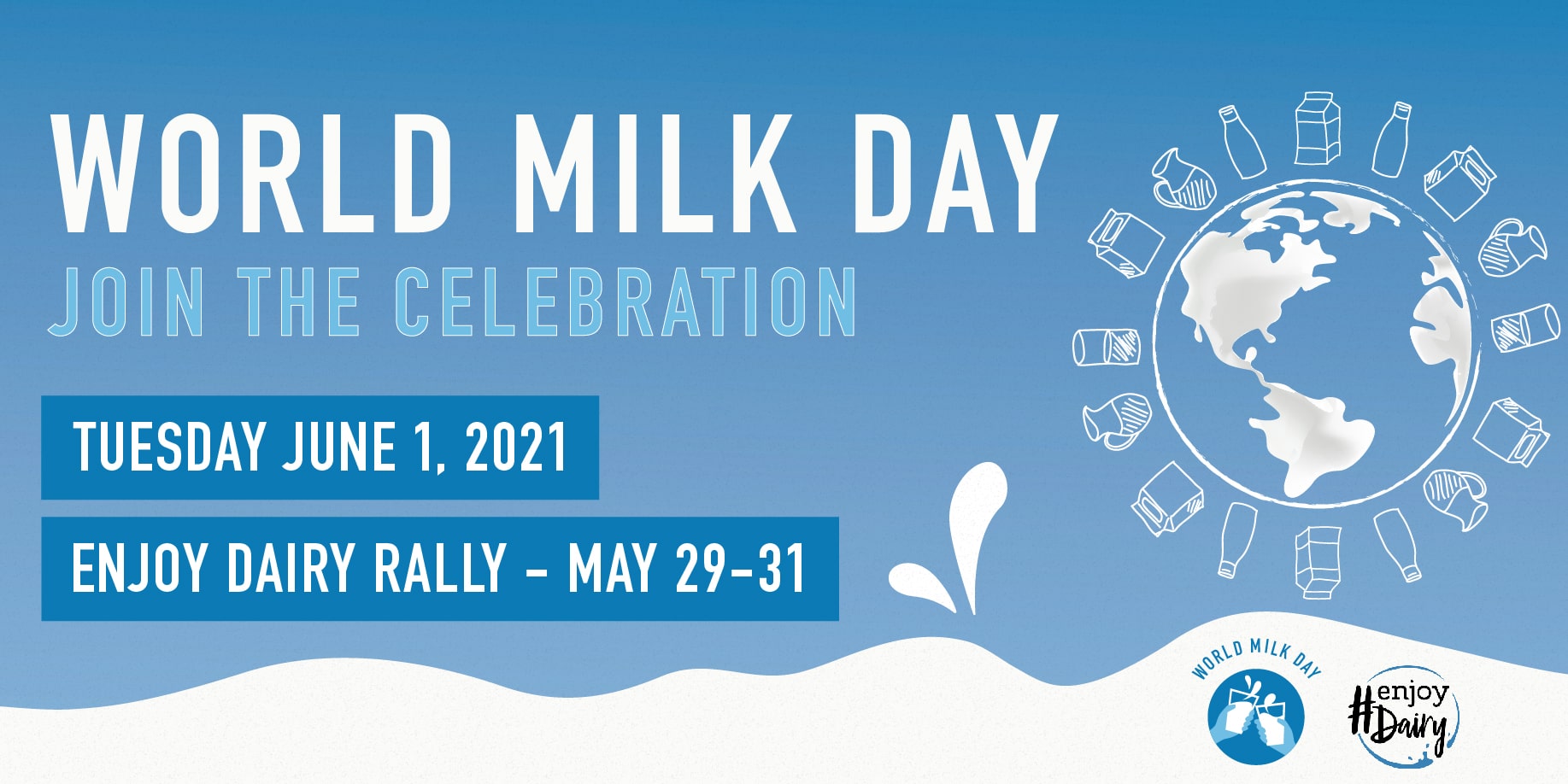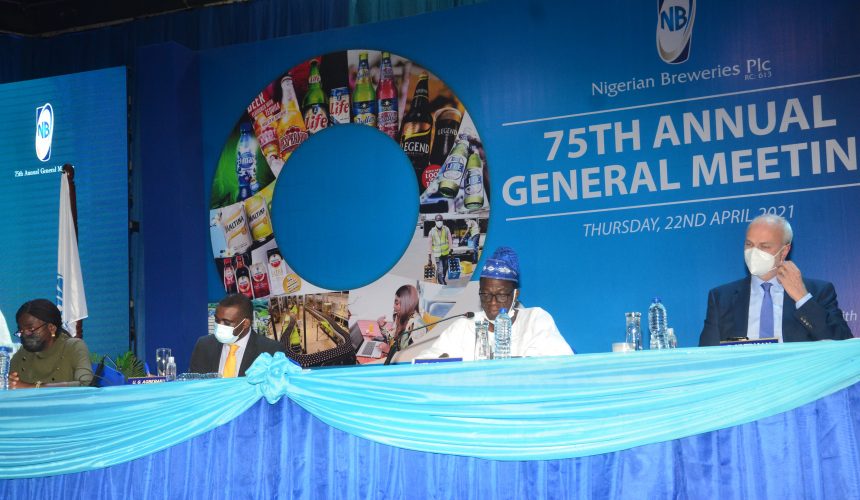
World Milk Day: Promoting milk production in Nigeria
By Abimbola Mohammed
Every first of June marks the World Milk Day celebration, the day was created to recognise the significance of milk as a universal food and also to provide a chance to raise awareness and support in the dairy industry. The theme for this year’s celebration is tagged “Enjoy Dairy”, to raise awareness about the importance of milk and the challenges of the dairy industry.
The world milk day was created by The United Nations Food and Agriculture Organisation (FAO) in 2001 to spread awareness about the challenges in the global production and distribution of milk.
Globally, over the years study has shown that dairy has a significant role to play in poverty alleviation. Dairying contributes to a regular source of food and income and puts farmers in a better position to feed their families send their children to school, provide for their family’s health, and invest in their future. Farms with dairy cows, in addition to generating significantly more employment per cow than farms without dairy cows, also paid higher wages.
According to an IDF report, about 1 billion of the approximate 7 billion of the global population live on dairy farms. By implication, the sector provides livelihood to a chunk of the world’s households.
In Nigeria With a population of nearly 200 million, a livestock population of more than 20 million, milk deficit 1.2 million metric tonnes per annum that forces the country to spend US$1.5 billion a year to meet rising demand for milk and milk products, Nigeria stands out in Africa as the country with the most under-exploited dairy potential in the Continent.
Like most countries in the world, the Nigerian dairy sector is dominated by smallholder farmers who operate on small-scale farmlands and are largely nomadic. A good number of them who settle in a place live far away from major cities while focusing on rearing their herds for meat with milk as a by-product.
However, the Central Bank of Nigeria (CBN) to restrict access to foreign exchange for importers of milk and milk products has changed the country towards a future where milk production could be one of the main economic activities, and dairy processing could rely on locally produced milk in the country.
This plan focused on scaling private sector investment in agriculture as well as developing useful infrastructure for growth and providing valuable access to inputs, finance, and modern agriculture practices.
Dairy product in Nigeria
According to Commonwealth Scientific and Industrial Research Organisation, CSIRO, Nigeria is the 5th largest cattle herd in Africa, following Ethiopia, Sudan, Chad & Tanzania. Most cattle in Nigeria are indigenous breeds used primarily for meat and savings as well as milk production. Exotic breeds such as Holstein Friesian, Brown Swiss, Jersey and their crosses are common in more intensive, specialised dairy systems.
Outspan Nigeria Limited, a subsidiary of Olam food ingredients (ofi), has been a key player in the local dairy value chain. Through its “Milk Mission” initiative, a signature dairy value chain development vehicle, the business continues to demonstrate its goal of driving real growth in the local dairy sector. Hence, in partnership with the Kano Dairy & Livestock Husbandry Cooperative Union (KADALCU), it keeps executing valuable backward integration (BIP) efforts including the strategic location of four well-equipped milk collection centres (MCCs) close to dairy farm clusters.
Arla Foods Limited, makers of Dano Milsbuilt a commercial dairy farm in Northern Nigeria where it trains and supports up to 1,000 local dairy farmers as part of its long term commitment to public private partnerships that support the development of the Nigerian dairy sector as part of the country’s efforts to increase local food production. Located in Kaduna State, the 200-hectare farm, opened in 2022. it houses 400 dairy cows, modern milking parlours and technology, grass lands and living facilities for 25 employees. The facilities and expertise provided by Arla, is to ensure a first class opportunity to train local dairy farmers to improve milk yields and quality, animal welfare and farm profitability, contributing to the country’s effort to develop modern local milk production. The farm is expected to produce over 10 tonnes of milk per day which will supply locally produced dairy products to Nigerian consumers.
FrieslandCampina WAMCO pioneered its first backward integration in the early 80s through the establishment of a dairy farm located in Vom, Plateau State. Since then, it has integrated all learnings and progressed into a more sustainable dairy value chain model named Dairy Development which was launched in 2010.
Shonga Farm was established in 2004 by Mr Saraki, who was then the state governor, and some white farmers he brought from Zimbabwe. The state governor at the time seized the opportunity of the situation in Zimbabwe, where white farmers were being displaced by the Zimbabwean government, to offer the farmers an opportunity to farm in Kwara. The bold step was met with a lot of enthusiasm by a lot of the Zimbabwean farmers and led to the development of the pilot scheme, Shonga Farms involving 13 farmers, who have now relocated and settled in Shonga, Kwara State. The farmers were each given 1,000 hectares of land under a 25-year renewable lease for commercial farming purpose.
Ikun Dairy Farm was established by the Ekiti state government in a joint project with Promasidor Dairy Company, the farm is seated on 500 hectares of land. The farm serves as a prototype for the National Livestock Transformation Plan in addressing farmers-herders crisis in the State. About 227 pregnant cows were brought from the United State of America to kickstart the farm. Ikun Dairy is expected to produce 10,000 litres of milk daily.




Comment
No comments found.